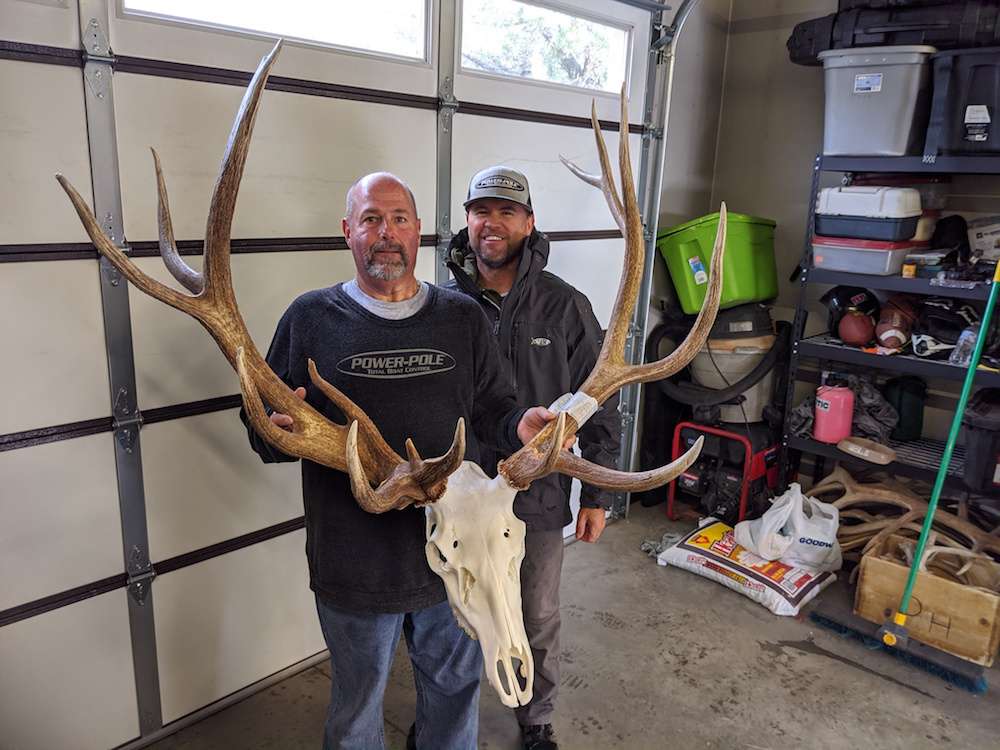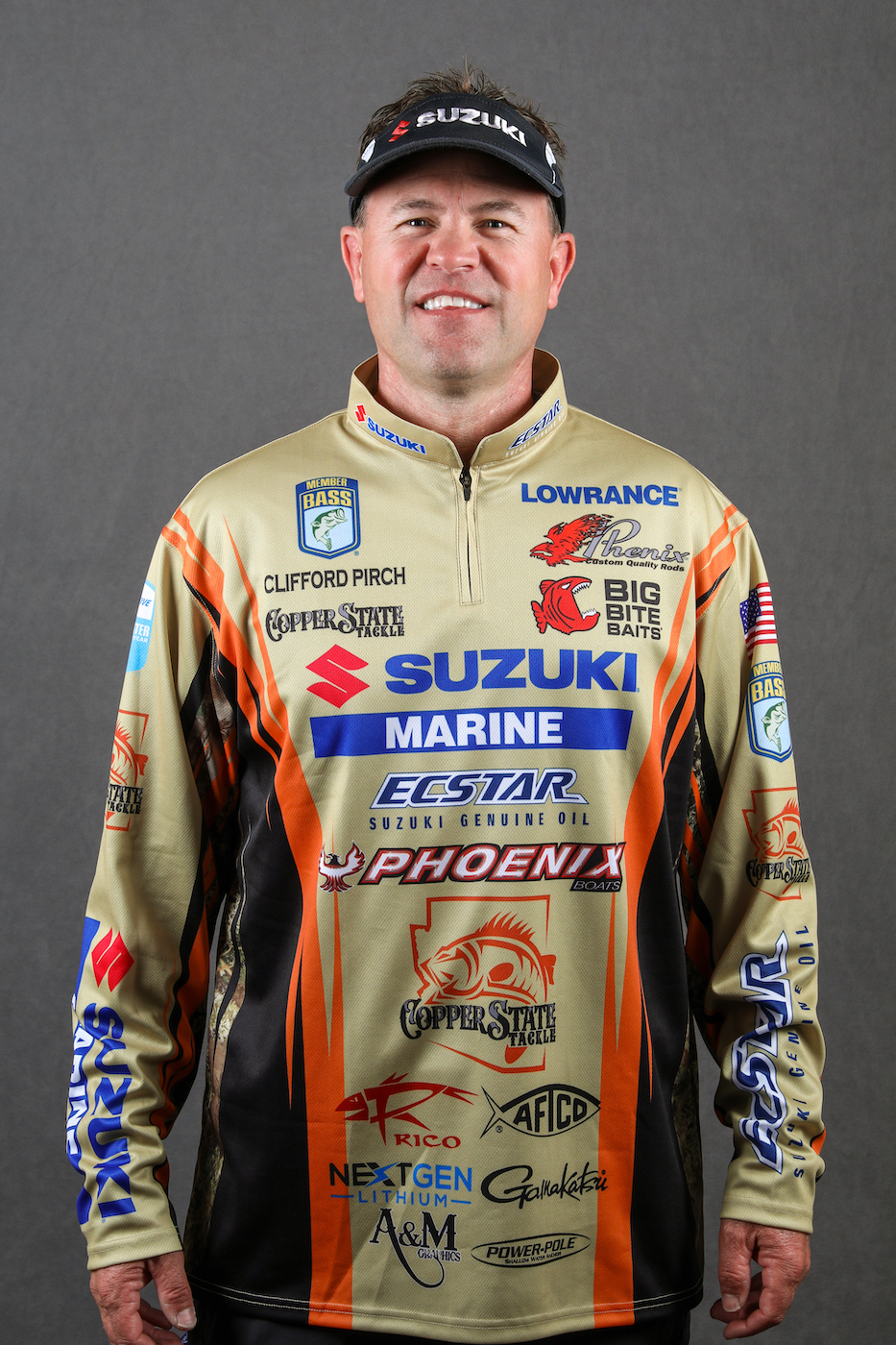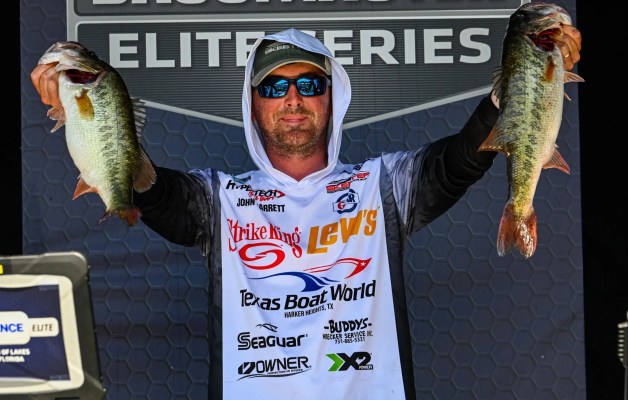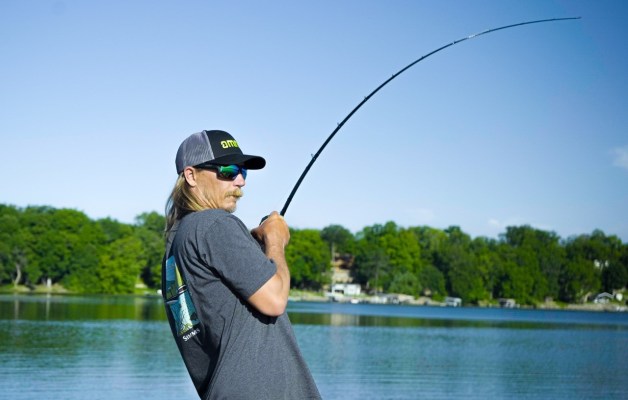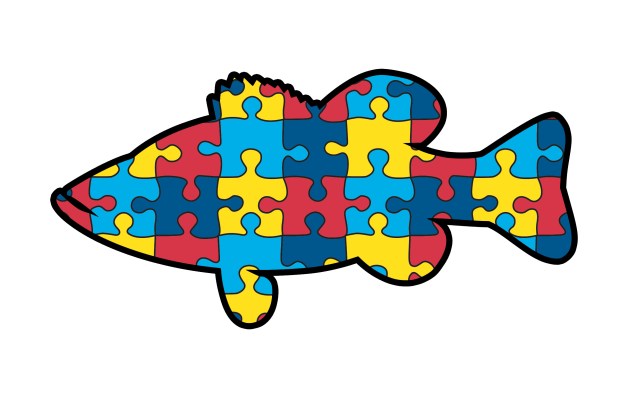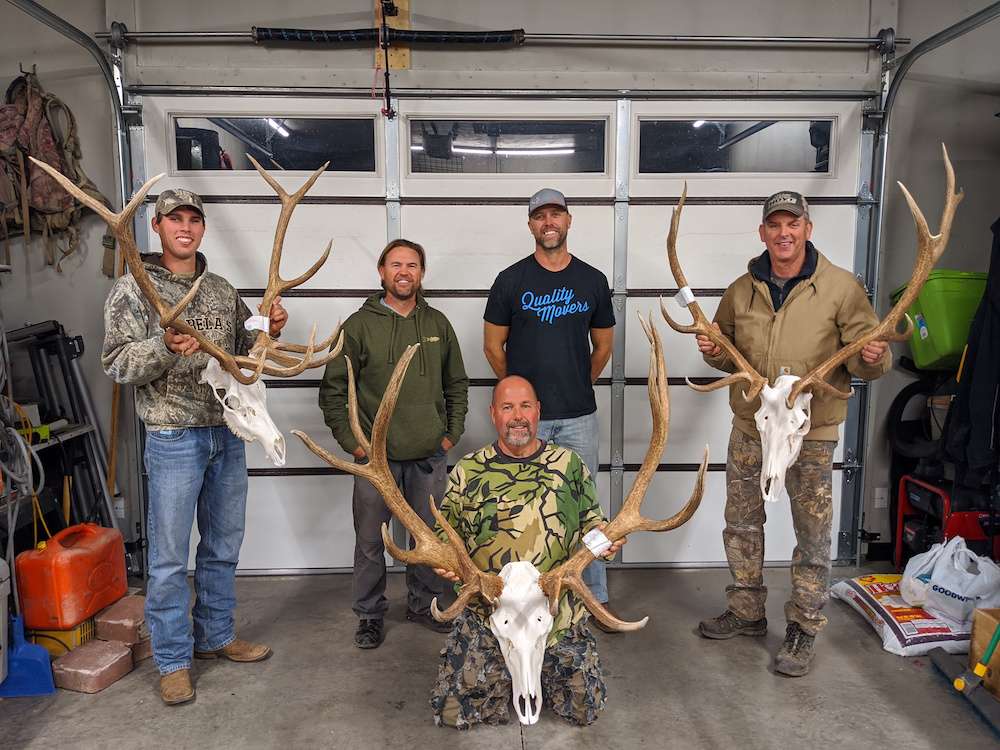
During the offseason, I spend a lot of time scouting and hunting for elk in the public lands of Central and Eastern Arizona. Even though I wear myself out, I really enjoy this time because it’s an important break that helps me mentally relax after a busy fishing season and get myself ready for the next one.
What’s interesting is that, even though we’re talking about two different sports, I’ve found some strong parallels between fishing and hunting. For one thing, you gather evidence, just like you do in a fishing tournament or when you’re practicing, and you look at those patterns.
For example, this year brought some nice warm weather that kind of kept things back a little. So, just like bass fishing, you’re watching for these changes in conditions. You can kind of anticipate something changing, but until it does, you have to hunt the conditions as they are.
For example, the elk stayed in the trees and grass a little longer this year until a late November storm ushered them out onto the late-fall/winter pattern stuff. They got onto some of the south-facing slopes and into some of the brush they feed on in the winter. It’s colder, so they get on that stuff that absorbs more sun until it gets really bright, and then they go back into the trees.
We see similar things when we’re following bass; whether it be prespawn as they move from the fronts to the backs of creeks as the weather warms up. They get on certain predictable staging points, and you use a lot of that evidence to formulate your game plan.
I’ve found that interpreting hunting patterns is very similar to doing so with fish. You kind of have a similar seasonal pattern, but you might have a warming trend with falling water, or you might have a warming trend and rising water. Or you might have a moon phase that has some effect on the fish’s movements when combined with weather and water patterns.
The fun thing is that there are never two fishing or hunting puzzles that are the same, but they usually end up playing out similarly. You never get bored of it because there’s always a twist in the variables.
Just like the elk transitioning to different seasonal food sources, a bass fisherman might find the fish in an area with one type of forage, but then they move into a different area with another dominant forage. There might be more crawdads out there on the south-facing rocky slopes as the fish warm up to spawn and, as they move in shallower, there might be more things like gizzard shad and shiners.
Bottom line, in both hunting and fishing, you’re always keeping an eye towards the food and matching that with the weather patterns, the moisture patterns and things like that. These are really interesting parallels that bass fishing and hunting share.
I think about this a lot while I’m hunting. I really enjoy being able to spend time in the outdoors out west. That’s one of the reasons I haven’t moved out east where it’s a little smarter to be a professional bass fisherman because you don’t have quite the travel distances.
This is a big deal for me after the fishing season wraps up. I guess in some regards, hunting offers me the ideal offseason activity because I get a break from fishing, but I still get to exercise my outdoor instincts.
